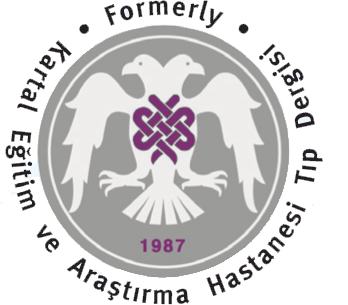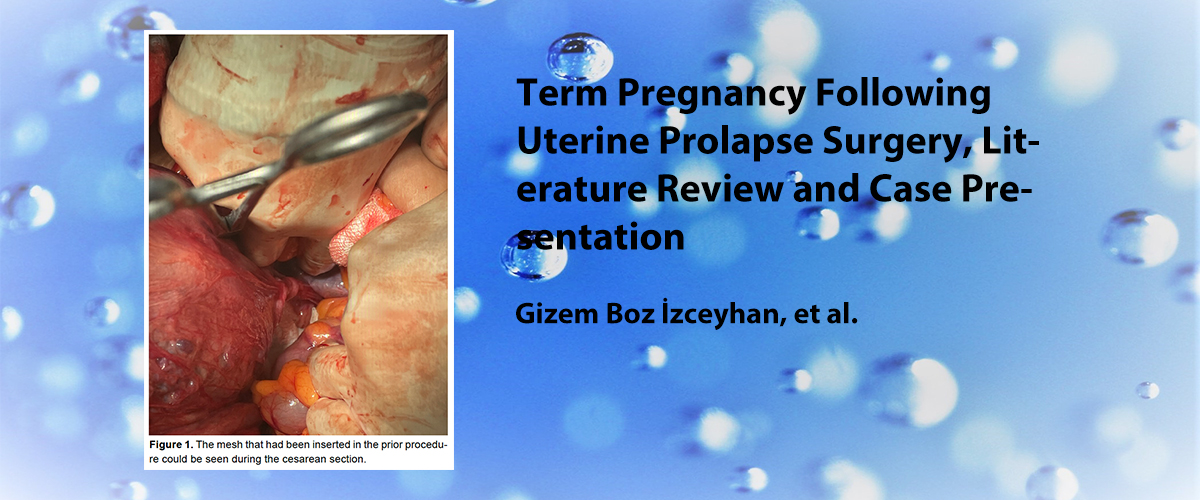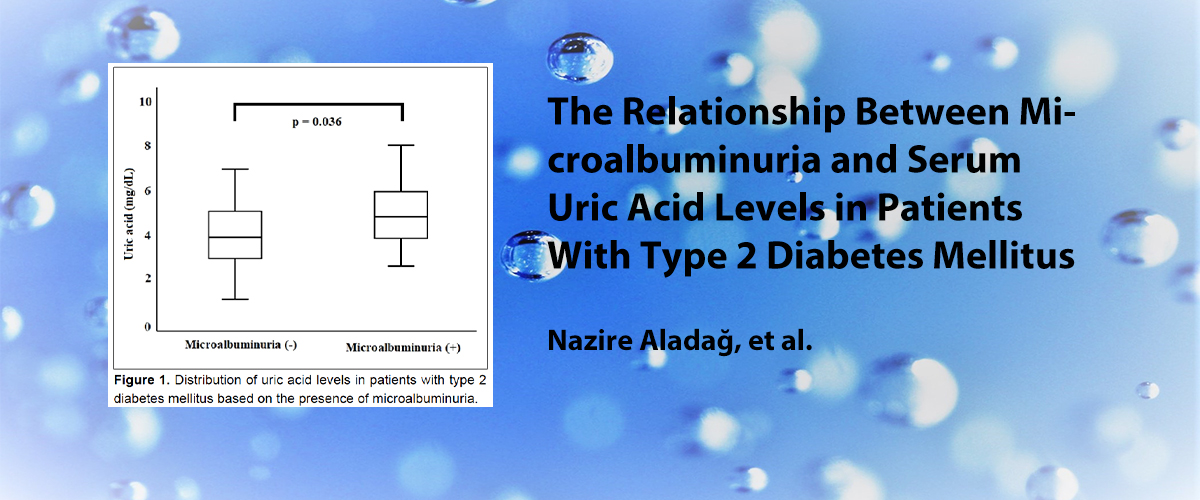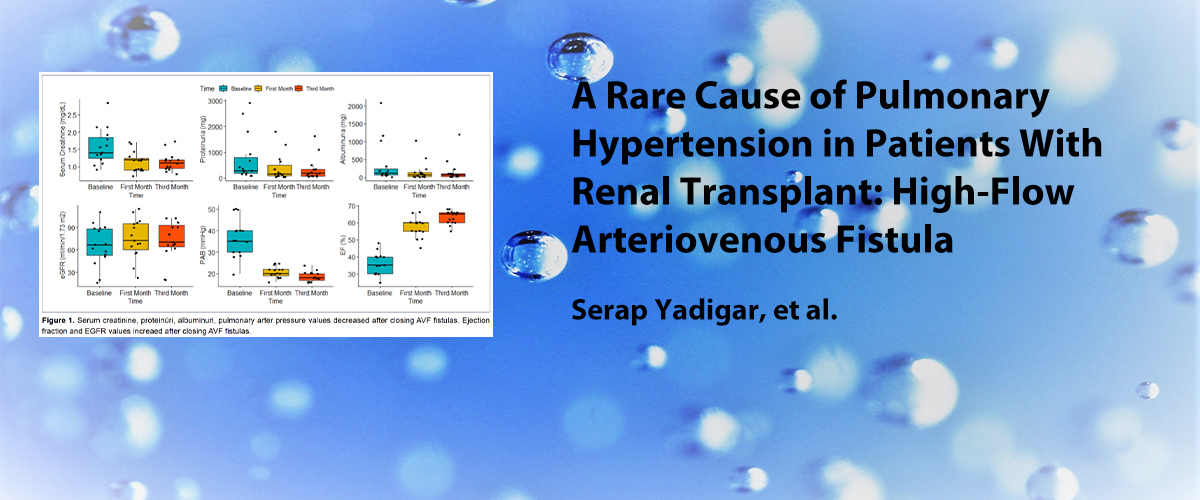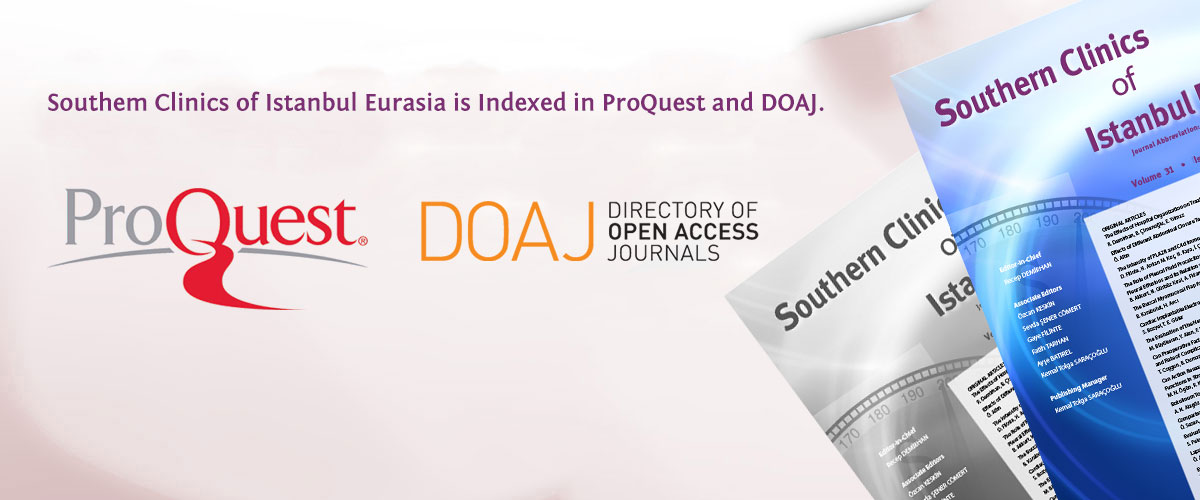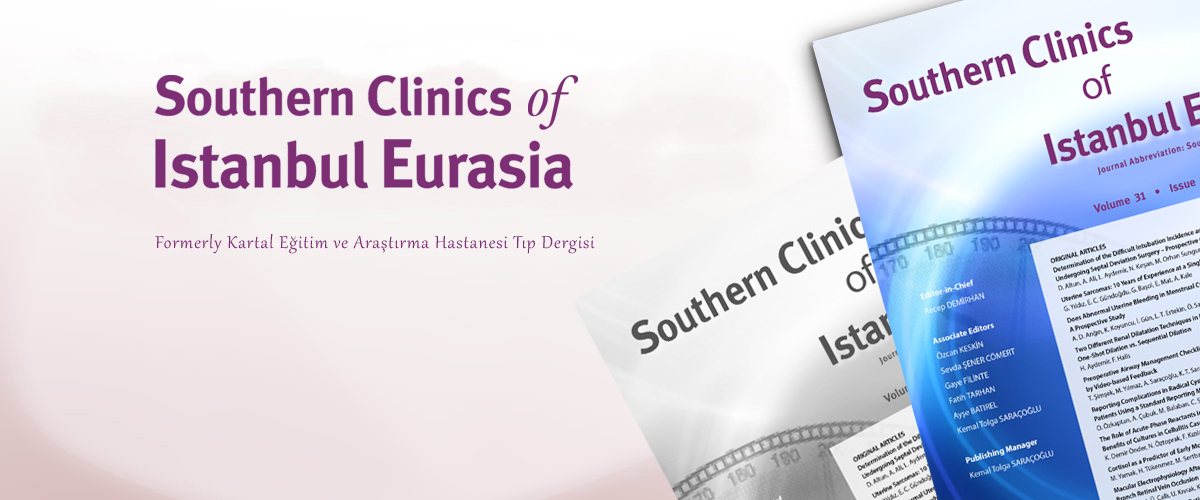ISSN : 2587-0998
Klinik Farmakolojide Vaka Temelli Öğrenmenin Konvansiyonel Öğretim Şekli ile Kıyaslanması ve Öğrenme Stilleri ile İlişkisi
Fatih Özdener1, Abdullah Canberk Özbaykuş2, Melike Yavuz3, Alihan Sürsal4, Fehmi Narter5, Demet Koç61Bahçeşehir Üniversitesi, Tıbbi Farmakoloji Anabilim Dalı, İstanbul2Bahçeşehir Üniversitesi, Tıp Okulu, İstanbul
3Bahçeşehir Üniversitesi, Tıp Okulu, Halk Sağlığı Departmanı, İstanbul
4Bahçeşehir Üniversitesi, Tıp Okulu, Sinirbilim Departmanı, İstanbul
5Acıbadem Mehmet Ali Aydınlar Üniversitesi, Tıp Okulu, Ürolojik Ameliyat Departmanı, İstanbul
6Bahçeşehir Üniversitesi, Tıp Okulu, Cerrahi Bilimler Departmanı, İstanbul
GİRİŞ ve AMAÇ: Teorik bilgi ile pratik bilgi arasındaki bağlantı sorunu, doktorların yetersiz eğitim almasına ve isabetsiz reçetelendirmelerin yapılmasına sebep vermektedir. Vaka temelli öğrenim (VKÖ) genellikle medikal müfredat içerisinde kullanılan evrensel bir paradigmadır ve öğrenen kişiye gerçek bir senaryoya analitik ve tanısal çözümler ürettirirken, öz değerlendirmeye de teşvik eder. Buna karşın, uygulamaları sınırlıdır ve farklı öğrenim stiline sahip öğrencilere uyumluluğunun testi için daha fazla araştırma gerekmektedir
YÖNTEM ve GEREÇLER: VKÖ-bazlı farmakoloji dersleri, Bahçeşehir Üniversitesi Tıp Fakültesinin 3. sene müfredatına entegre edilmiştir. VKÖ-bazlı derslerin değerlendirilmesi adına 15 soruluk bir anket, önceden bilgilendirilen 67 öğrenci tarafından doldurulmuştur. Buna ek olarak, katılımcılardan 37sinden onaylı bir VARK anketini doldurması istenmiştir. Bu sayede VKÖ ile geleneksel öğrenim sitemleri öğrenim stilleri açısından değerlendirilmiştir.
BULGULAR: VKÖ, çalışmaya katılan öğrencilerin büyük çoğunluğuna göre gerçek hayattaki vakaların yönlendirilmesini kolaylaştırarak geleneksel öğrenme yöntemlerine kıyasla oldukça faydalı bir öğrenim yöntemidir. Ayrıca, çok modüllü veya tek modüllü öğrenim stilleri giib çeşitli tercihlere sahip öğrencilerin cevapları arasında VKÖ değerlendirilmesi açısından anlamlı bir fark görülmemiştir.
TARTIŞMA ve SONUÇ: Öğrencilerin anket sonuçları, VKÖ-bazlı müfredatın motive edici yararlı bir yöntem olduğunu göstermiştir. Bu çalışma, VKÖnün öğrenme stiline bağımsız şekilde her öğrenci tipine uyarlanabilir bir öğretim sistemi olduğunu ve Klinik Farmakolojinin yanı sıra diğer alanlarda uygulanabilir bir öğrenme yöntemi olduğunu göstermektedir.
Case Based Learning Versus Conventional Lecture in Clinical Pharmacology Education and its Relation to Learning Styles
Fatih Özdener1, Abdullah Canberk Özbaykuş2, Melike Yavuz3, Alihan Sürsal4, Fehmi Narter5, Demet Koç61Department of Medical Pharmacology, Bahcesehir University, Faculty of Medicine, İstanbul, Turkey2Bahcesehir University, Faculty of Medicine, İstanbul, Turkey
3Department of Public Health, Bahcesehir University, Faculty of Medicine, İstanbul, Turkey
4Department of Neuroscience, Bahcesehir University, Faculty of Medicine, İstanbul, Turkey
5Department of Urological Surgery, Acıbadem Mehmet Ali Aydınlar University, Faculty of Medicine, İstanbul, Turkey
6Department of Surgical Sciences, Bahcesehir University, Faculty of Medicine, İstanbul, Turkey
INTRODUCTION: The problem of the connection between theoretical knowledge and practical knowledge leads to the inadequate training of physicians that results in inaccurate prescriptions. Case-based learning (CBL) is a universal paradigm often used within the medical curriculum, and it encourages self-assessment while enabling the learner to generate analytical and diagnostic solutions to a real scenario. However, its applications are limited and more research is needed to test its compatibility with students with different learning styles.
METHODS: CBL-based pharmacology courses have been integrated into the 3rd year curriculum of Bahcesehir University Faculty of Medicine. A 15-question questionnaire was filled out by 67 students who were informed in advance to evaluate the CBL-based lessons. In addition, 37 of the participants were asked to complete an approved VARK questionnaire. In this way, traditional education systems were evaluated in terms of learning styles with CBL.
RESULTS: According to the majority of the students participating in the study, CBL is a very useful learning method compared to traditional learning methods by making it easier to direct real life cases. In addition, no significant difference was found between the answers of students with various preferences, such as multi-modal or single-modal learning styles, in terms of the evaluation of CBL.
DISCUSSION AND CONCLUSION: The students survey results showed that the CBL-based curriculum was a useful motivating method. This study shows that CBL is a teaching system that can be adapted to each type of student regardless of the learning style and it is a learning method that can be applied in other fields besides Clinical Pharmacology.
Sorumlu Yazar: Fatih Özdener, Türkiye
Makale Dili: İngilizce

